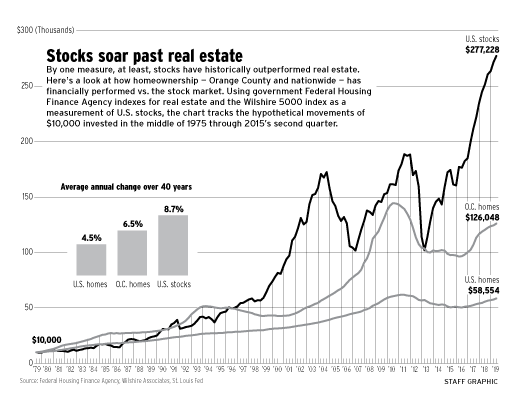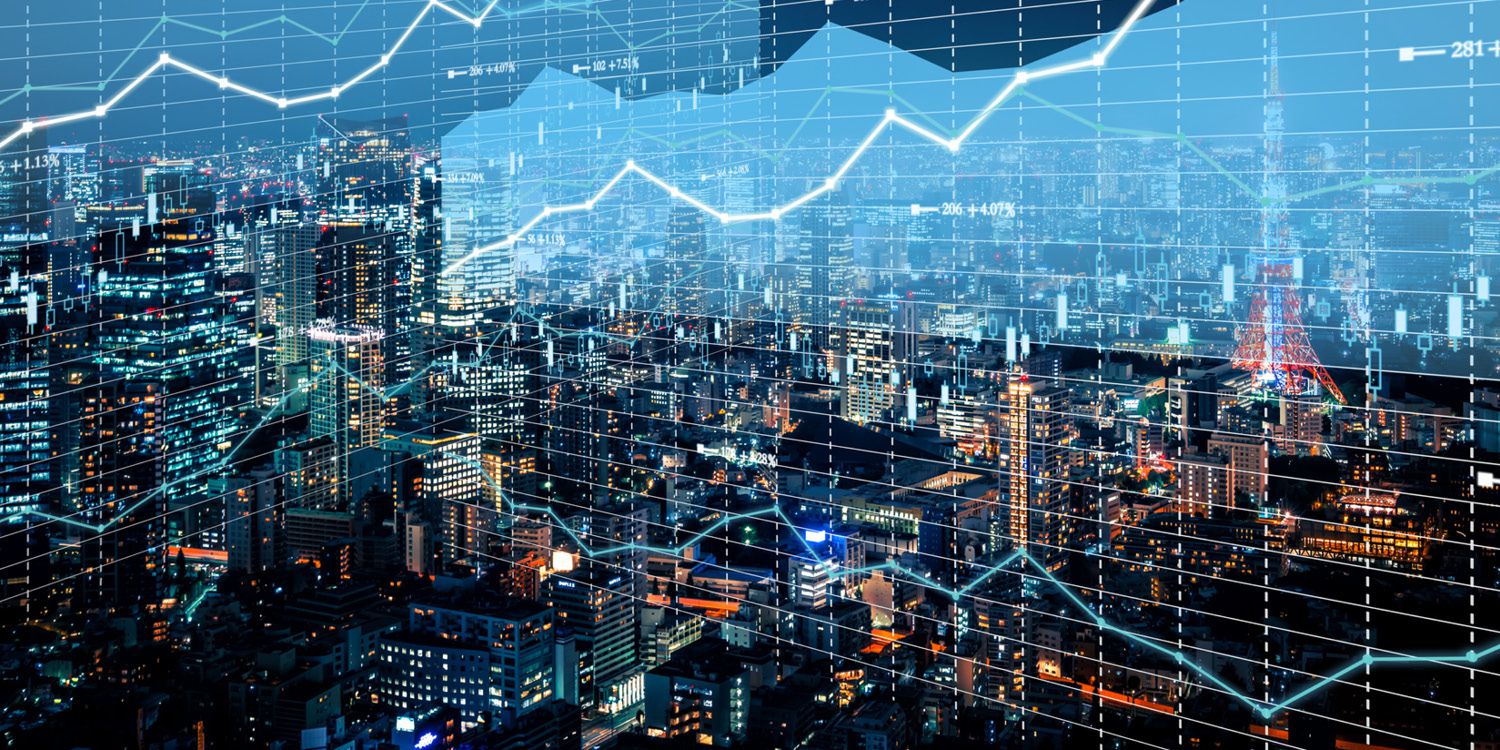Russia’s war with Ukraine Ukraine is a terrible event that requires huge human and economic losses for both countries. Moscow’s War on Ukraine Ukraine and its violent financial backlash are not only bringing economic disaster to President Vladimir Putin’s Russia. As the war in Ukraine enters its third week, Russian Prime Minister Vladimir Putin is finding it increasingly difficult to secure both stability and economic support.
Another element of Russia’s attempt to conquer Ukraine is the economic consequences. Western sanctions have destabilized the Russian currency and raised domestic interest rates, severely damaging the Russian economy. For the European continent, Moscow’s war against Ukraine has greatly increased the likelihood of runaway inflation, another economic downturn, or both.
Many countries, especially the United States, will suffer from the negative consequences of Russia’s war with Ukraine due to rising inflation. The economic impact of the conflict will be felt mainly in Ukraine and Russia, which will experience severe recessions this year. Europe will also feel economic problems as it depends on Russia for its energy needs. Of course, the Russians will suffer, as will the sanctions imposed on Russia and Ukraine.
Moscow’s war with Ukraine will also hurt Russia’s neighbors in Central Asia. In this case, a Russian invasion of Ukraine is likely to raise the already high cost of living in the US, shake up investment portfolios, and possibly also slow down the economic recovery. Russia’s Invasion of Ukraine Ukraine is taking a toll and has put global democracies on the defensive, but in most scenarios this will have little effect on our economy. Of course, the Russian invasion of Ukraine and the resulting rise in oil prices is a particularly bad time, as it will push already painfully high prices even higher.
Now add to that the consequences of both the war itself and the devastating economic sanctions imposed on Russia for the Russian invasion of Ukraine. The result is a sometimes bewildering flurry of military and economic attacks on the streets of Ukraine, as well as Russian and global markets. As the United States, Europe, Canada, Britain and Japan joined together to punish Russia with unprecedented financial sanctions, the war sparked a “grand geopolitical realignment” similar to the aftermath of the 9/11 attacks, Citibank analysts say. His invasion of Ukraine looks set to continue; The US and its allies responded to Putin’s aggression with unprecedented economic sanctions against Russia; and the price of oil rose to about $110 a barrel, with clear room for further gains in the coming months.
As Russian tanks pass through Ukraine, the United States and its European allies are responding to Russian military aggression with a wide range of economic sanctions, including the unusual move to exclude Russian financial institutions from the global financial system by excluding them from the World Bank Cooperation Society. Financial Telecommunications System (SWIFT). After the global backlash followed three weeks ago, the sanctions opened a new chapter in Russia’s economic history. Sanctions against Russia have clearly not been painful enough to convince President Vladimir Putin to reverse his actions in Ukraine.
Oil prices rose sharply on Monday after Russia joined it. The Russian invasion of Ukraine is on its fifth day, and the United States and the European Union have continued to tighten sanctions, with Brent crude over $100 a barrel. Stocks have steadily declined throughout the year as Russia has amassed troops on Russia’s border with Ukraine and markets braced for a major conflict.
He said the Russian invasion of Ukraine is also undermining business confidence and creating uncertainty among investors, which will lead to lower asset prices, tighter financial conditions and could trigger an outflow of capital from emerging markets. In addition to human suffering and historic refugee flows, the war is pushing up food and energy prices, fueling inflation and lowering the cost of income while disrupting trade, supply chains and remittances to neighboring countries, the IMF says on its website. . WASHINGTON, March 15 (Reuters) – A Russian invasion of Ukraine would impact the entire global economy, slowing growth and driving up inflation, and could fundamentally change the long-term global economic order, the International Monetary Fund (IMF) said Tuesday.
WASHINGTON. Vladimir Putin’s unprovoked war with Ukraine Ukraine and the ensuing global backlash will set the Russian economy back at least 30 years – almost to the days of the old Soviet Union – and reduce Russian living standards for at least the next five years, according to economists, investors and diplomats . Almost overnight, the country’s 40-year effort to build a prosperous market economy, begun under former leader Mikhail Gorbachev, has failed, another casualty of President Putin’s brutal invasion of Ukraine.
At least for now, the damage to the global economy seems relatively small, if only because Russia and Ukraine are not economic powers. Since the global impact of the sanctions will be limited, the EIU expects that the most serious impact of the Russian-Ukrainian conflict on the global economy will be in the form of rising commodity prices. The immediate impact of the war on US recovery is likely to be limited.
Russia’s war against Ukraine’s NATO expansion could also trigger a global recession as labor and resources are reused for warfare rather than for GDP-growing activities such as investment in infrastructure, education or renewable energy. Consumers will suffer from the consequences of a shortage of Russian and Ukrainian raw materials. Moscow’s financial exile ended more than a decade of weakening globalization, beginning with the 2008 financial crisis and continuing with President Xi Jinping’s rise to power in 2012, the 2018 war and repeated failures in a trade liberalization deal.
Helpful Links:
Homepage
About
Contact
Personal Development Partner




